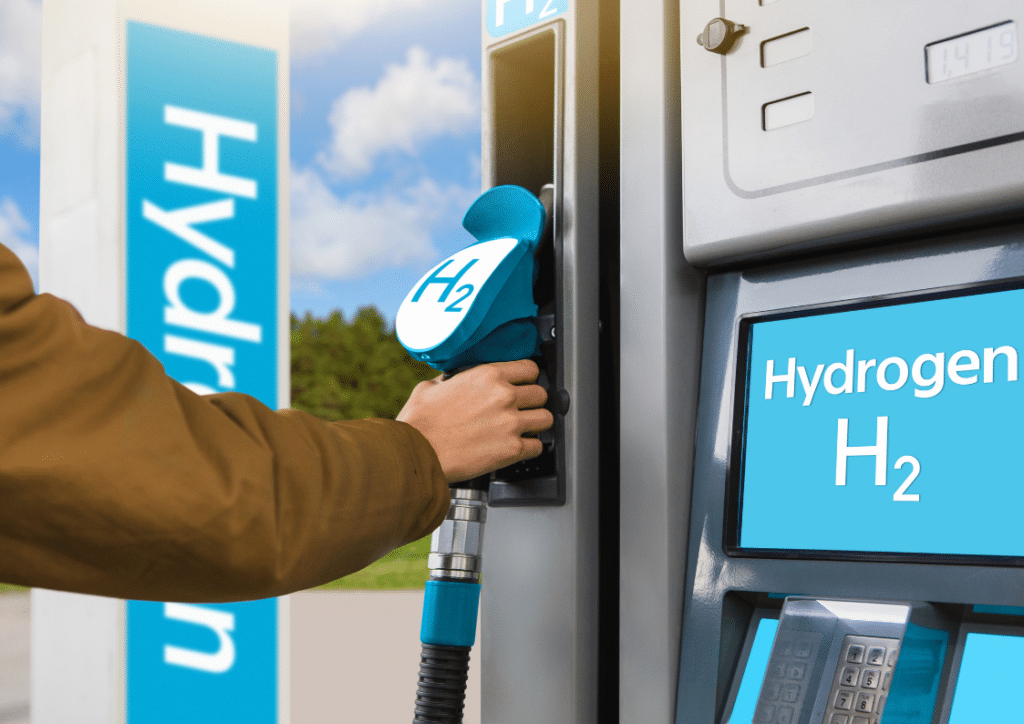Blue Hydrogen may not be the answer to our clean energy transition. Researchers from Cornell and Stanford Universities claim that blue hydrogen has no role to play in “a carbon-free future” and is up to 20% worse for the environment than burning fossil fuels to produce heat and energy.
—
What is Happening?
- In a first-of-a-kind peer-reviewed study by researchers from both Cornell and Stanford Universities, found blue hydrogen’s lifecycle greenhouse gases footprint to be 20% worse than fossil fuels.
- Blue hydrogen, touted as a low-carbon fuel for generating electricity and storing energy, refers to the natural gas extracted from waste carbon dioxide produced during fossil fuel combustion using carbon capture and storage technologies.
- As opposed to green hydrogen, which is obtained using electricity in a process called electrolysis, and splits hydrogen and oxygen with an electrical current.
- Currently, natural gas is used to keep 85% of UK homes warm and about half of US homes and water heated.
- Blue hydrogen has recently been gaining attention from both policymakers and energy-sector firms alike for its supposed potential in facilitating the clean energy transition and providing alternate revenue streams for traditional fossil fuel companies.
- It’s also been regarded as a short-term solution to decarbonising the economy and to help reach climate change goals.
- However, the new study published in Energy Science and Engineering found that while CO2 emissions are lower with blue hydrogen, large amounts of natural gas is needed to fuel the blue hydrogen-carbon capture process, and as a result, fugitive methane emissions are much higher for blue hydrogen than traditional fossil fuel burning.
- The greenhouse gas footprint of blue hydrogen is “more than 20% greater than burning natural gas or coal for heat and some 60% greater than burning diesel oil for heat.”
- Methane gases are one of the worst greenhouse gases and have more than 80 times the warming power of carbon dioxide.
- Researchers stated that blue hydrogen is a “distraction” from more effective green energy technologies and options, and providing any attention to the gas “may delay needed action to truly decarbonise the global energy economy.”
- They add: “Even if captured carbon dioxide can be stored indefinitely, which currently is still an optimistic assumption, the use of blue hydrogen appears difficult to justify on climate grounds.
You might also like: Can Blue Hydrogen Spur the Transition to Green Energy?


















